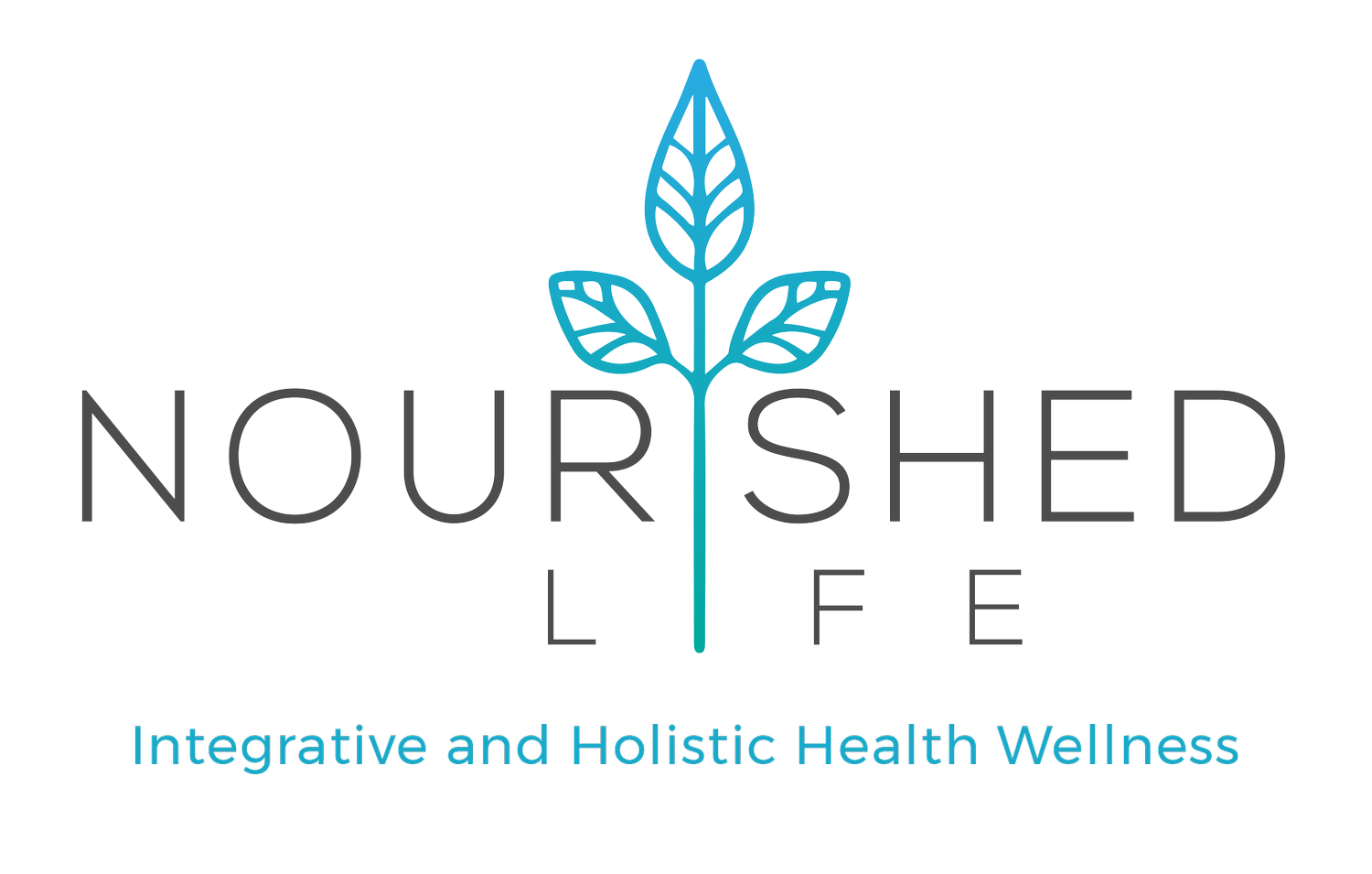Should You Eat Organic? Sometimes - and Here is Why
Eating fresh fruits and vegetables is the best way to obtain the nutrients our bodies need for optimum health, but the pesticides used in conventional farming does remain a major health concern. There is often confusion on what exactly makes a food organic and if it is healthier than its conventionally grown counterparts. With the amount of health information on the market and all the “eat this” and “not that,” it can undoubtedly get overwhelming.
In this article, I’ll go over what makes organic food different and the pros and cons of replacing your conventional food with organic options for long-term health.
What Makes a Food Organic?
The term "organic” is authorized by the USDA and refers to the way farmers grow and process agricultural products, including crops and livestock. The USDA requires organic products to meet specific standards that regulate how these foods are grown and processed. Organic farming techniques focus on soil quality, sustainability, limited to no use of pesticides and additives, and use natural plant nutrition and natural pest management. Products that meet these guidelines and are approved by the USDA will display a USDA organic label.
In terms of organic meat, the USDA requires humane living conditions to meet the animals' natural behaviors and that the animals are fed 100% organic feed and the animals are not administered any antibiotics or hormones.
It's important to read labels carefully, and to bear in mind that foods marked "natural" are not certified organic and that foods marked "locally grown" do not always mean they are organically grown.
Pros of Purchasing Organic Foods
1. Little to no harmful synthetic chemicals
Chemicals can be involved in the production of organic foods, but to qualify as organic, the amount of pesticides used must fall under a certain amount. This is the number one reason people purchase organic products. Pesticides have been linked to many diseases including neurological disorders, hormonal imbalances, Parkinson’s disease, childhood leukemia, certain cancers, and asthma. By reducing chemicals, pesticides and antibiotics you will be reducing inflammation in the body which is one of the main causes of disease.
2. Avoiding antibiotics
Antibiotics are administered to livestock in conventional farming to avoid infections from living conditions and to increase animal growth with less food. We consume these antibiotics when we consume non-organic meats, contributing to the very serious drug resistance epidemic America is facing.
3. Increased nutritional value
Studies show organic meat and dairy have increased amounts of healthy Omega-3 fats, and a British study found that organic crops have a much higher amount of antioxidants and other beneficial compounds linked to a reduction in chronic diseases.
4. Environmentally friendly
Organic food production prevents soil and water contamination by avoiding toxic chemicals and using natural alternatives. Organic farming also uses less energy, helps conserve biodiversity and protects wildlife.
5. Animal welfare
By law, organic farmers are required to raise animals without the use of antibiotics and must provide animals with 100% organic feed and safe, cage-free living conditions. Factory farming often has poor sanitation, crowded living conditions, and poor waste management increasing the spread of disease. Experts agree if you are to purchase only one organic item, it should be meat.
Cons of Purchasing Organic Foods
1. Price
Organic food is typically more expensive than its conventional counterparts; however, many people gladly pay the extra money for "clean food." To reduce the extra cost, buy produce in season, which cuts the cost down greatly, sometimes only cents more than non-organic options.
2. Shorter shelf life
While there are far more pros to not using dangerous chemicals, one con is that it leads to a shorter shelf life for produce. Shopping at local farmers markets can help you this by reducing the time the produce spens in transit. The local harvest is a great resource to find farmers markets and farms in your area.
Should You Eat Organic?
Yes, if not all of the time, some of the time, and here is why. The pros outweigh the cons by far and studies show long-term exposure to synthetic chemicals and pesticides can cause an array of serious health issues. It's truly not something to dismiss and ignore and can be prevented or reduced greatly. The real question is why NOT eat organic whenever possible? Going organic doesn't have to be completely life-altering and you could add one item at the start of the month, and add another the next month.
If you’re not ready to take the leap and purchase all organic food, a great place to start is by replacing the “Dirty Dozen” with organic options. The Dirty Dozen is an annual list sent out by the Environmental Working Group listing the produce with the highest amounts of pesticide residue. Buying any item on this list in organic form is a great place to start.
On the other hand, this group also sends out an annual report of the “Clean 15” listing the fruits with the fewest pesticide residues, so choosing conventionally grown items on this list will have fewer pesticides and chemicals than the Dirty Dozen.


